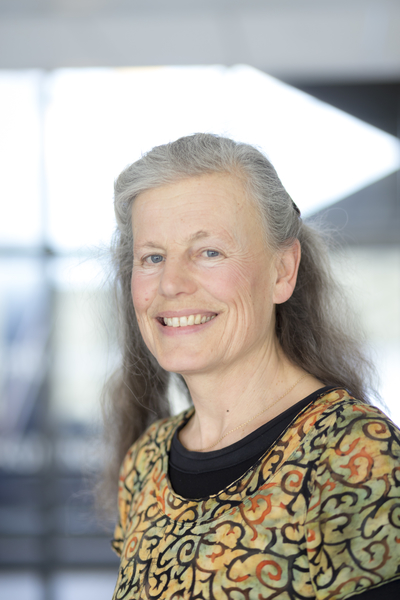Abstract
Not all experimental sciences are laboratory sciences. Laboratory sciences do not perform experiments on things as they are in nature. They are based on the idea of being able to interfere with objects in a laboratory designed to study it, and objects themselves are seldom brought into the biological laboratory without having been manipulated.
The seminar raises the question of ‘what is a systems biology laboratory’ while understanding it as having evolved from the molecular biology laboratory. We reflect on more than three decades of experimental laboratory work at the Norwegian University of Science and Technology where the last decades have been conducted in collaboration with bioinformaticians now working in the Life Sciences Department at the Barcelona Supercomputing Centre.
Our analyses and discussions are grounded in a collaborative work mode, driven by different professional interests based in our respective fields of applied philosophy and molecular biology.
Short bio
 Rune Nydal
Rune Nydal
Associate professor Rune Nydal, Program for applied ethics, Department of Philosophy at the Norwegian University of Science and Technology, NTNU, is teaching and researching the philosophy and ethics of science and technology including research ethics. He has had a particular focus on the nature of large-scale scientific programs and the institutional integration of ethics in these. Nydal is trained as a physicist and philosopher, with his PhD from Philosophy.
 Astrid Lægreid
Astrid LægreidProfessor Astrid Lægreid, Department of Clinical and Molecular Medicine at the Norwegian University of Science and Technology, NTNU, does teaching and research in Functional Genomics and Systems Biology. She was co-initiator of national infrastructures for large scale transcriptomics in Norway and seeks to develop systems biology approaches within basic biology and precision oncology with concomitant engagement in ethical and history of science aspects of the ongoing scientific unfoldings. Lægreid was trained in musicology, biochemistry and molecular biology, with a PhD in Biochemistry.
Speakers
- Associate professor, Rune Nydal, Program for applied ethics, Department of Philosophy at the Norwegian University of Science and Technology, NTNU.
- Professor Astrid Lægreid, Department of Clinical and Molecular Medicine at the Norwegian University of Science and Technology, NTNU.

